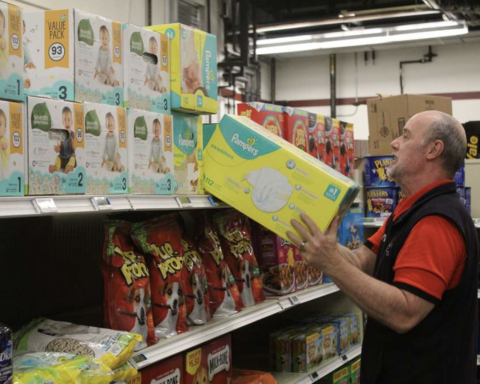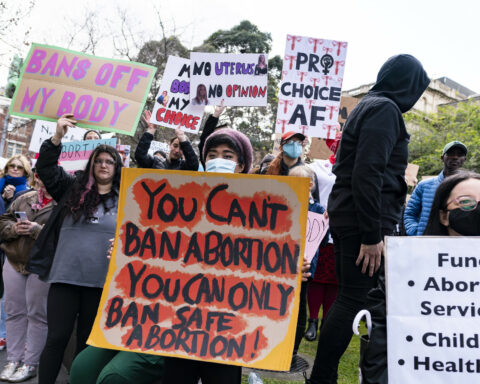Legislation introduced in Massachusetts aims to reduce the racial wealth gap by creating a statewide “Baby Bonds” program.
It is a publicly-funded, pooled trust fund for newborn children in low-income households without inherited wealth or opportunities to build it.
Deb Goldberg, state treasurer, said the child can access the funds once they turn 18 to help them go to college, start a business or even buy a home.
“They are a way to level the playing field and give every child a chance to achieve their full potential,” Goldberg explained.
A 2015 Federal Reserve study found in the greater Boston area alone, the median net worth for white households was nearly $250,000, and for Black households, it was just $8.
Advocates for low-income families say “baby bonds” are part of a holistic approach needed to help eliminate the racial wealth divide.
Joe Diamond, executive director of the Massachusetts Association for Community Action, a coalition of more than 20 community action agencies in the Commonwealth, said expanded tax credits, a higher minimum wage, and financial literacy courses in schools can all help address the structural challenges of poverty.
“What the ‘baby bonds’ program does is, it sort of expands the effect of those public policies and helps eligible low-income children and their families really begin to plan for a hopeful future,” Diamond emphasized.
Studies show improving families’ economic stability is also good for the economy.
The Massachusetts Taxpayers Association finds the gross state product would increase by roughly $25 billion over five years if the state eliminated the racial gaps in wages, housing and investments. Similar “baby bond” programs are already in place in Connecticut, California and Washington, D.C.









